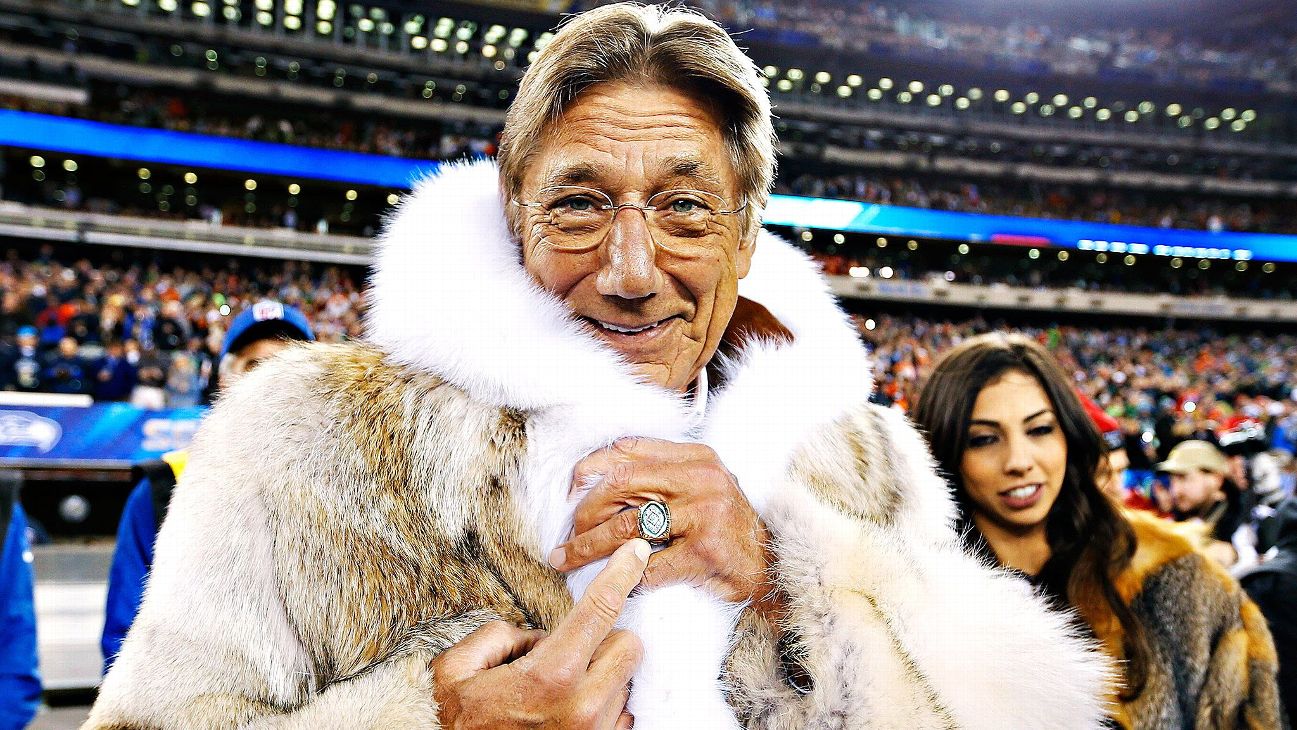The Super Bowl as cultural phenomenon

Here’s a passage from near the end of my new book A Fan’s Life, about the 2020 Super Bowl, which took place just a month before the entire sports world came to a sudden halt (remember that?):
The last major sports event that took place before all the games suddenly went away was, appropriately enough, American sports’ ultimate Big Game. The Super Bowl represents almost everything that’s most obnoxious about big-time sports in this country. A grotesque amalgam of pomposity (each game is assigned a Roman numeral, and the coin flip alone is accompanied by a level of ceremony appropriate to the investiture of a pope), commercialism (the media breathlessly “rank” the commercials broadcast during the game, at a cost of eleven million dollars per minute), militaristic nationalism (a flag approximately the size of Rhode Island is usually unfurled before kickoff, while a screaming comes across the sky in the form of a couple billion dollars of Air Force equipment), and unabashed worship of the celebrity-entertainment complex (the halftime show invariably makes a Las Vegas revue seem tastefully understated), the whole thing is an advertisement for so many awful things about a culture which specializes in advertising its awfulness in the most garish ways possible.
I watched it though. Why? Because on some level, despite all their undeniable awfulness, I still care about sports, and everything they’ve meant and still mean to me after a half century of caring about them.
This post is just some musings about why the Super Bowl is what it is, which is the one sports event in America that’s somehow also some sort of broader phenomenon. (Yesterday Elon Musk begged his engineers to please fix whatever is going wrong with his $44 billion vanity purchase because after all the Super Bowl was just a few days away).
Why is the Super Bowl such a big deal, in a way that seems to transcend its basically banal status as the NFL’s annual championship game? NFL football is extremely popular but it’s not that popular: the Super Bowl regularly draws more than double the ratings that the two conference championship games immediately preceding it do, which indicates that a huge part of the audience is made up of people who otherwise don’t watch even the biggest NFL games.
I think a small but significant part of the answer has to do with simply the marketing coup that Lamar Hunt hit upon when he was looking at a mid-1960s toy one of his children was playing with, the Super Ball — this was just some rubber ball on metaphorical steroids, that bounced really really high if you slammed it against the sidewalk as hard as you could, as my six-year old self often did (it was a simpler, more innocent time) — and got the idea of calling a postseason game between the champions of the NFL and the ragtag upstart challenger the AFL, the Super Bowl, thus evoking the idea that this was some sort of combination of professional championship game, and the traditional college bowl games that were a much bigger deal in the 1960s, when there was so little football, comparatively speaking, on TV.
This raises a question to which I don’t know the answer, having been too young at the time to realize the first Super Bowls were even happening, which is to what extent were the pre-merger Super Bowls considered genuine championship games, as opposed to glorified postseason exhibitions? I get the vague sense that at least the first game or two — the two won by Vince Lombardi’s final Green Bay Packers teams — were to some extent treated as not exactly “real” championship games, but rather more in the way of made for TV post-holiday programming, and that the big thing that changed this was when the Jets upset the Colts in the Super Bowl III (BTW when did the incredibly pompous practice of sticking Roman numerals on this thing start?)
Relatedly, a verbal usage I’ve always found bemusing is the habit of calling the Super Bowl champion the “world champion” of a sport that basically isn’t played anywhere but in the United States. This kind of thing — the same practice is used for the MLB and NBA championship teams — probably relates back to a curious bit of verbal slippage, which is that the original World Series was an exhibition match between the NL and AL champions, cooked up by a newspaper, the New York World, which is why it was called that, not because the winner was some sort of “world champion.” In fact it was originally called the World’s Series — as in the New York World’s series — for this reason. (It turns out this isn’t true. So never mind as Emily Littela would say). This is how it was referred to as late as 1925, in The Great Gatsby, when Nick meets Meyer Wolfshiem, aka Arnold Rothstein, the gambler who fixed the 1919 World’s Series:
The idea staggered me. I remembered of course that the World’s Series had been fixed in 1919 but if I had thought of it at all I would have thought of it as a thing that merely happened, the end of some inevitable chain. It never occurred to me that one man could start to play with the faith of fifty million people—with the single-mindedness of a burglar blowing a safe.
Speaking of which, with the gambling industry now being completely off the chain in regard to making book on professional sports in the most overt aggressive ways possible, I expect a huge game-fixing scandal of some sort or another will be upon us soon. Indeed perhaps in the near future NFL games will be as open to suspicion as Serie A fixtures, and we will look back on that golden age when the biggest scandal revolved around Tom Brady’s suspiciously deflated balls.


